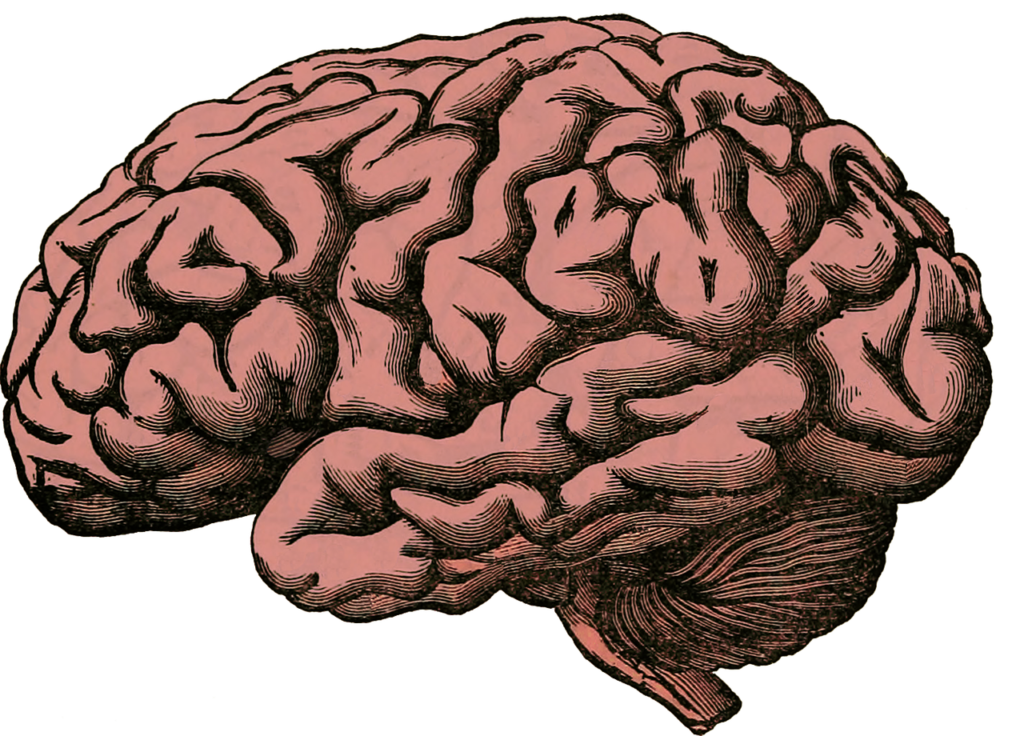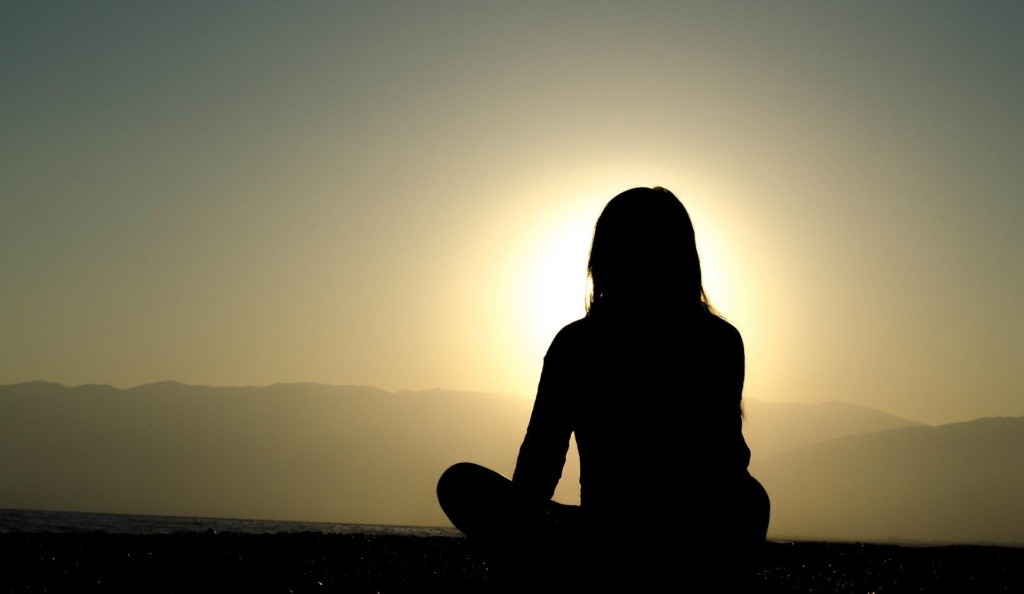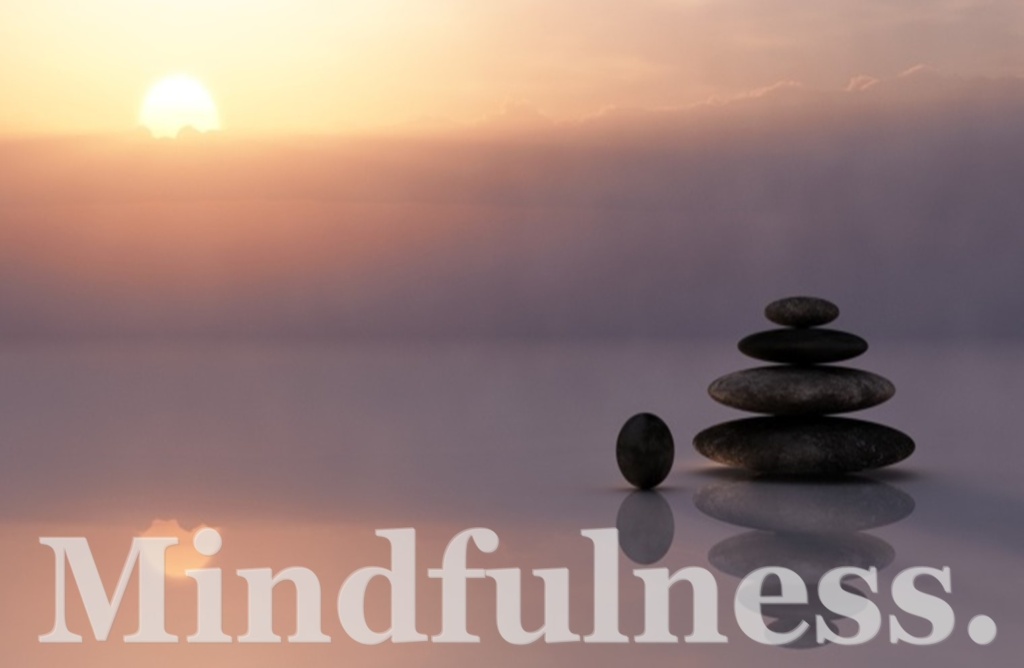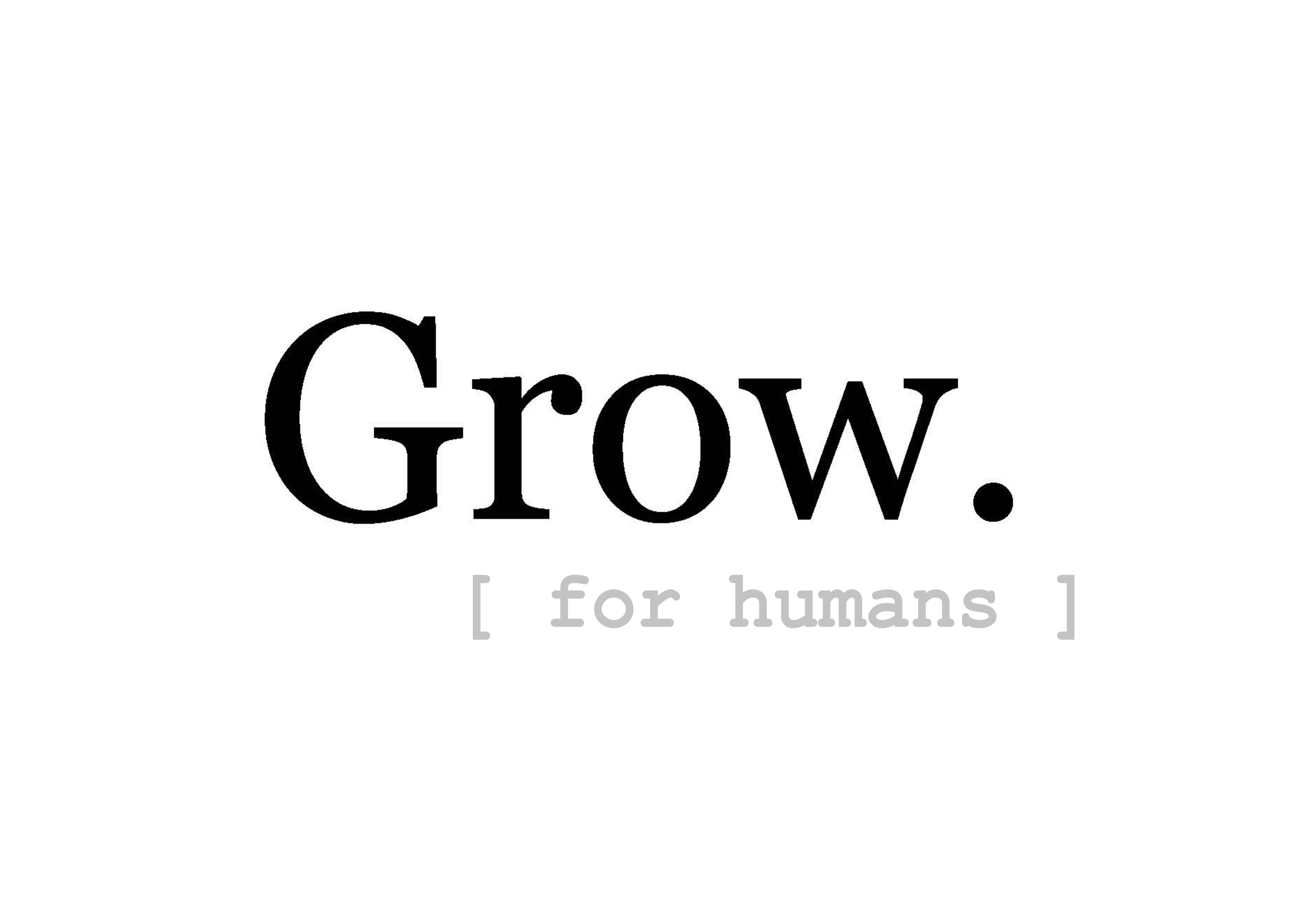It seems that in today’s Western society, stress and anxiety are an accepted part of daily life. But should we be so tolerant towards this way of living? Could there be another way?

What’s the difference between Stress and Anxiety?
We might say, “I am under a lot of stress at the moment”. I tend to see stress as something external, which weighs on us in some way: stresses and strains of life. We may have an important deadline or exam which is looming: usually this is something that is likely to happen in the future. It can occupy our thoughts, and lead to sleepless nights, but some stress can be motivating and useful for us.
The difference between stress and anxiety I would say is that anxiety is our bodily felt response. Anxiety can be experienced in many different ways, but some quite usual ways are tight muscles in the shoulders, legs, jaw or neck, a feeling of a tight or heavy chest, pins and needles in the arms and hands, or hot flushes. It can also leave us feeling very panicky: like we just need to get away, and we struggle to communicate well with other people or focus.

Why do I feel Anxiety?
Believe it or not, anxiety is meant to serve you. It is your ‘fight and flight response’ kicking in, as a result of your brain deciding that there is something to worry about that requires an urgent response. The fight and flight response served us well when we needed to fight with attacking predators or other humans in the past, or to run away if they were bigger than us. Nowadays, we have less life threatening situations, but this response is still very much alive and well. Depending on our earliest experiences in our childhood, our fight and flight response may be more or less sensitive. You could imagine the Amygdala, our brain’s watchdog a bit like a trigger. It can become a hair-trigger if we are given signals, particularly in our early childhood that there are things to worry about. This is where Generalised Anxiety Disorder or Social Anxiety, or a whole host of anxiety related symptoms like OCD or Agoraphobia can come in.
When the Amygdala is ‘triggered’, it sends messages to the body to release adrenaline and cortisol. These chemicals cause our muscles to ready for action and leave us feeling like it is time to run away or fight something. In small doses, this is fine and healthy. In large doses, these chemicals can become toxic to our body.

What happens in my Brain when I am Anxious or Stressed out?
Your brain has an old bit and a new bit. The old bit has been around for a very long time, even before we were human, but we have inherited it nonetheless. This old brain contains the amygdala and manages instincts and emotions. When the amygdala sounds the alarm, the old brain takes the ‘driving seat’, meaning that our new brain called the Neocortex can no longer operate as effectively. The Neocortex is reponsible for planning, attention to detail, memory, focus, concentration and forming interpersonal relationships with other people. It is what helps make us ‘reasonable’ and ‘rational’ human beings. When we are triggered, we are no longer as able to remember, plan or concentrate as a result. If we get anxious a lot, particularly in early life, our old brain netorks get bigger and stronger and our new brain networks get smaller and are lost. As a consequence, the more we worry, the better we become at worrying.

How can Mindfulness Meditation help reduce Anxiety?
Mindfulness meditation in its simplest form is an exercise for the brain, or at least the new brain. By focusing and then refocusing in the present moment, you are building stronger networks in the Neocortex. If you practice mindfulness for 45 mins for 8 weeks, research shows that your Pre-Frontal Cortex, the front part of the Neocortex increases in mass. It effectively gets bigger and stronger. Not only that, but the networks in the old brain get smaller, meaning the amygdala becomes less reactive. This is, however, no quick fix or miracle cure and you will still feel anxious and stressed out at times, however you will recover and bounce back more quickly.

How can I learn to practice Mindfulness Meditation?
Grow runs regular 8 week mindfulness meditation courses online and in person. You can find out more information here. Alternatively, you can contact us today to find out other ways of starting to change the way that you deal with stress and anxiety in your everyday life.
Check out this video where I explain in more detail about stress, anxiety and how mindfulness can help:
